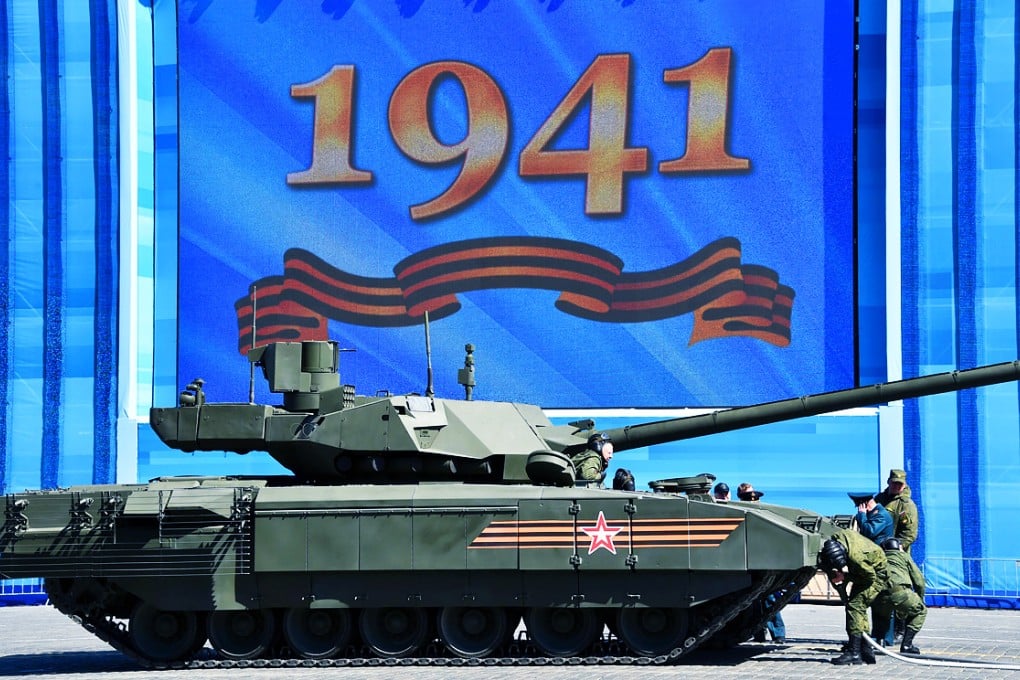Putin's new tank breaks down during Victory Day parade rehearsal

Seventy years ago, Soviet tanks made it all the way to Berlin, but this week one of the newest Russian tanks struggled to make it all the way across Red Square.
The next-generation tank appeared to stall during the final rehearsal for a major military parade in Moscow to mark the 70th anniversary of victory in the second world war.
The Armata tank, which is on display for the first time, ground to a halt during the rehearsal, in an incident later claimed to have been a deliberate test.
President Vladimir Putin will welcome the leaders of India, China and many other countries to Moscow for the parade tomorrow, although few western leaders will attend, and defence ministry officials will be scrambling to ensure there is no repeat of the incident.
The Armata is highly computerised, and there have even been suggestions it could form the basis for a fully automated robot tank in future.
It is the first major tank to be developed in Russia since the fall of the Soviet Union, and is based on a fundamentally new design rather than just an update of older models.